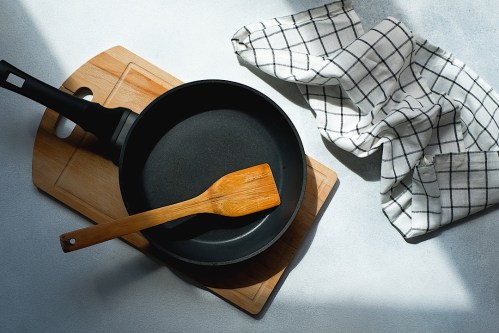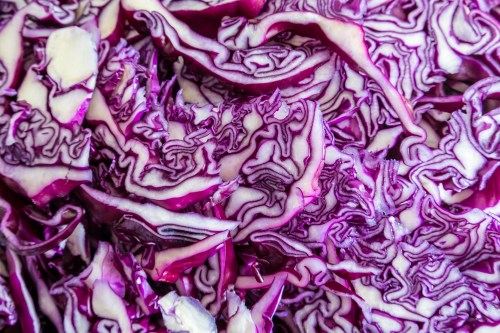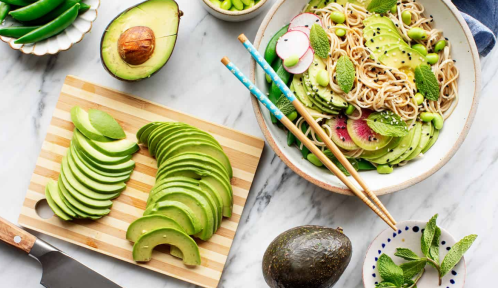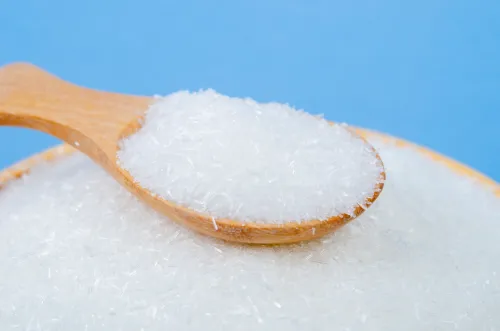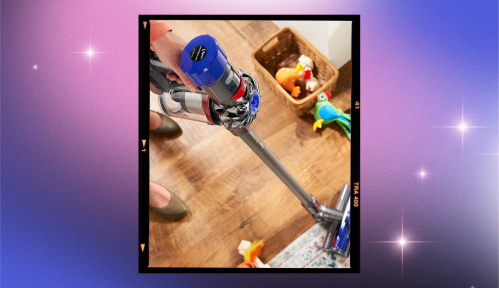For as long as I’ve been cooking with one, I’ve been confused about cleaning a cast-iron skillet. And based on conversations I’ve had with my friends and co-workers, I’m clearly not alone. It’s not that I don’t clean my cast-iron skillet—I just don’t exactly know the right way to do it.
Experts in This Article
Can you put cast-iron pans in the dishwasher? That’s a hard no. But when it comes to cleaning a cast-iron skillet with soap, I’ve heard both yes and no. Cast iron pans don’t typically come cheap, so before we all ruin mine for good, I wanted to learn how to clean cast-iron skillets, properly this time.
Cleaning a cast-iron skillet
While you don’t want to use as much dish soap as you would use to scrub a casserole dish or sheet pan, a dime-sized amount of soap if safe to use when cleaning a cast-iron skillet. “A little bit of dish soap is gentle enough that it won’t wash away that seasoning that you’ve worked so carefully to maintain,” says Hannah Crowley, executive editor of Cook’s Illustrated Magazine, speaking specifically about raw cast iron like Lodge, not the type covered in enamel, like Le Crueset, which can be washed like a normal pan.
In the case of raw cast iron, dish soap should be reserved for times when food debris is really stuck on there. For all other instances, food scientist, cookbook author, and chef J. Kenji Lopez-Alt recommends scrubbing your cast iron with hot water, 1/2 cup of kosher salt, and a dry paper towel. “This will scour out any dust and impurities that may have collected in it prior to use.”
While cast-iron looks tough and durable, it’s actually quite sensitive, and most sponges will be too abrasive for cast iron and strip it of its seasoning. If you really want to scrub away burnt food bits, use a soft-sided sponge or plastic scraper.
Once you can see that you’ve removed any browned bits on the bottom of the pan, rinse it thoroughly with super hot water and a little bit of soap (if needed) and then dry it completely. Any wet spots are likely to rust, so be sure to wipe it clean with an absorbent dish towel.
After every wash, you should go back and season you cast-iron pan
“Seasoning” cast iron doesn’t require you to peek inside your spice cabinet; rather, it’s the coating that forms on the surface of cast iron after you’ve cooked with it over time. Technically speaking, it’s polymerized oil.
In case you don’t remember much about chemistry (it’s okay, I don’t either), when any type of fat such as oil or butter is heated at a high temperature, it will eventually transform from a thin liquid to a hard surface. Unlike oil or butter, polymerized oil is not something that can simply be removed by rinsing it away with warm water and dish soap.
But that’s okay because seasoning is a good thing—in fact, it’s what makes a cast-iron pan non-stick, so long as you maintain it. “If you look at a cast-iron pan under a microscope, you’ll see all kinds of tiny little pores, cracks, and irregularities in the surface. When food cooks, it can seep into these cracks, causing it to stick,” explains Lopez-Alt.
To prevent food from sticking to cast iron, you have to regularly season you cookware, meaning adding more oil (specifically something neutral such as canola or vegetable oil) to the pan to fill in any pores or cracks, and then heat it to build up the polymerized surface.
Use a dry paper towel to spread the oil across the surface of the cast-iron pan; you won’t be able to see it sealing any miniscule cracks with the naked eye, but this will ensure you’re reaching every nook and cranny.
Once the oil is applied, you need heat! Place the pan in a 450°F oven for 30 minutes, per Lopez-Alt’s recommendation, until it looks shiny and evenly blackened. If you’ve gotten lazy and haven’t seasoned your cast-iron skillet after every use (no judgment here!), repeat this process three to four times in a row. Note to self: Save this process for a free Sunday.
Sign Up for Our Daily Newsletter
Get all the latest in wellness, trends, food, fitness, beauty, and more delivered right to your inbox.
Got it, you've been added to our email list.
